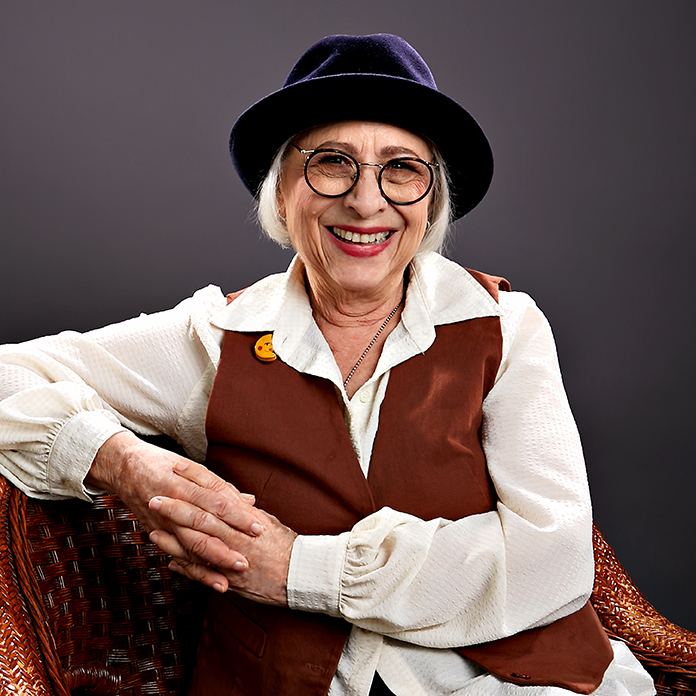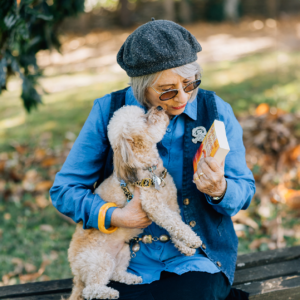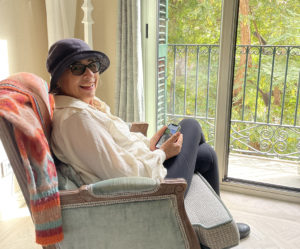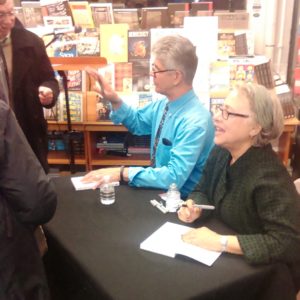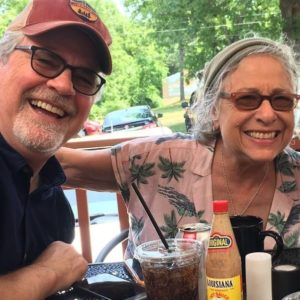I have now experienced mortal fear two times and have lived to tell the tale. My first engagement was 25 years ago, when I received a diagnosis of breast cancer. The realization of how much I wanted to live and how much I had to lose was a fiery gate through which I had to pass. On the other side, I felt the wings of the Archangel Michael beating new energy into my body and I had the deep conviction that while it wouldn’t matter in this heightened state of peace whether I lived or died, that I wanted to live and in fact that I would live, elevated to a heightened state of consciousness. I did live, and despite my conviction that I was destined to emerge enlightened, history would record otherwise.
I revisit this first encounter with mortal fear from the vantage point of 25 more years of spiritual growth and recent no kidding around neck surgery. For starters, when I was 49 it was much easier to pray to God to send the Grim Reaper packing than it is on the verge of 75 when every day people my age are given terminal diagnoses or life and death choices. As it turns out, there was nothing permanent about my transcendence. Somehow, my original wounds survived but tipping the hat to my younger self, when the old stuff came flooding back, my spiritual journey took a deep dive from the highs of transcendence into the depths of what I now think of as ordinary fears—what Ram Dass refers to as grist for the mill.
From the 12 Step Programs to depth psychology, unearthing, experiencing and processing old pain is the real work of spiritual development. And I have been a devoted student. I have come to confront both the feelings of abandonment, of loss, of jealousy, a fear of missing out, and the self-defensive maneuvers I applied in order to live as good a life as possible, but which bore their own unintended consequences. Fear, in this context, is no less than the maker of personality: the sometimes quirky rascal who should know better, other times the wise woman who knows it all—and occasionally really does.
By the time I entered the on-ramp to this latest surgery, I had forgiven everybody for everything I could think of, made whatever amends possible for my part in things and yet, the fiery gates once again roared to life with a vengeance. But this time, the ordinary fears did not lift. I still felt sorry for myself, found certain people’s responses annoying, toyed with feeling if I died, nobody would miss me—at least not enough, and then there was the upsetting matter of all the unfinished business.
No angels of bliss arrived to raise me up with promises of safety or culmination.
Instead, I saw the whole of my life through the lens of mortal fear: and, viewed through the perspective of ultimate concern, surprise, surprise, it was good. All of it. Better than transcendence because it was real and I loved every bit. After years of seeking, I had no desire to be anybody else. To have any other life.
My original wounds are still here able to fire up at a moment’s notice, for little or even no cause. But if you love your wounds, what does it matter? Yes, once again, despite my advanced age and the seriousness of the surgery, I wanted to live. But this time I did not want to live a transformed life. I wanted my ordinary life back, flaws and all—each and every one which seems absolutely precious to me. And some of which I would even call adorable.
As it turns out, ordinary fear is the driver behind the drama of our lives, without which we would be stuck in the flatlands, without a compelling narrative to play out through our good and not so good choices. No heroes, no villains, no breakthroughs or overcoming. At some point, even the rhythmic beating of angel wings grows old and we are thrown back into the boiling cauldron we call everyday life.
After surgery, I no longer feel sorry for myself, I feel fortunate to live in a time and place where surgery is an option. I remembered that I was loved unconditionally by those who mattered. I stopped worrying about both my legacy and unfinished business and exalted in the present moment, even if it included another irritating prick from my nurse.
Admittedly, I am less than a year from surgery and back to normal. But I will tell you this much: ordinary fear, mortal fear, any fear at all means that you at the very least are alive. So what if you will never conquer your original wounds if you come instead to love them? To which I say: Amen.
